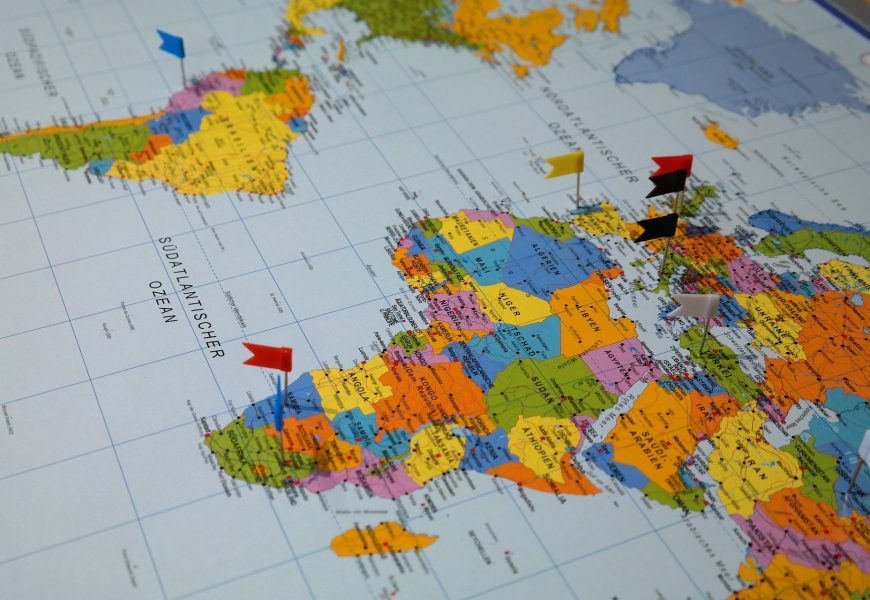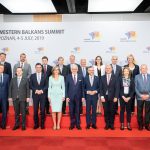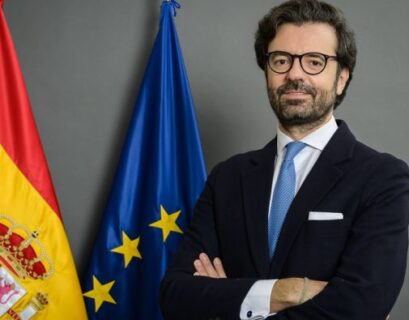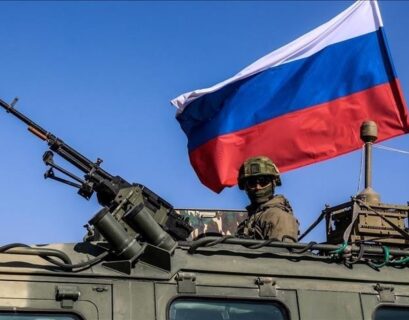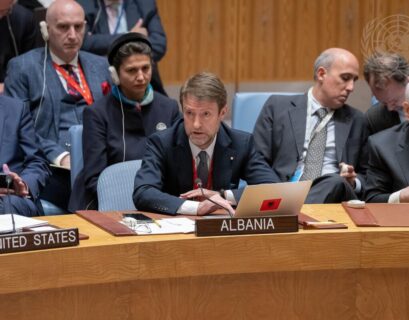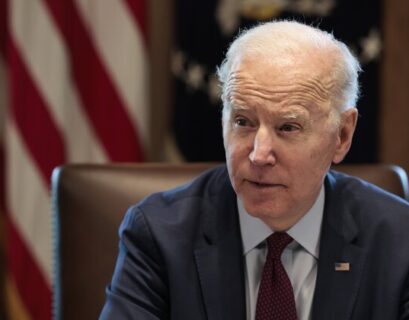BERND J. FISCHER
These commemorations have naturally engendered a sense of national pride, as well as a resurgence of interest in the complex notion of modern nationalism. This is a welcome development since we also seem to be experiencing something of a resurgence of the concept of nationalism itself, particularly in areas of the world where its hold had weakened. In Italy, Matteo Salvini, the nationalist deputy prime minister, has turned away migrant boats and called for the expulsion of Roma people. In Hungary, Prime Minister Viktor Orban targets Muslims, George Soros, and Brussels while proudly flaunting his version of “illiberal democracy”. In Poland Jaroslaw Kaczynski and his political party promote a sense of perpetual threat to the nation while constructing an altar-state alliance to create a new national narrative. In Germany, the far right has become the main voice of opposition in parliament. In the United States President Donald Trump is now a self-described proud nationalist, while in England Prime Minister Boris Johnson fuels nationalist sentiment with his anti-immigrant, anti-European and occasionally racist screeds. These developments have alarmed many, including President Macron of France who has described nationalism as a betrayal of patriotism, as the exact opposite of patriotism. He may very well be right, but it might be useful to briefly explore the origins and development of both.
There is no simple definition of nationalism. It rose in Europe, in part, as an unexpected reaction to the Napoleonic Wars. Much of the theory was worked out in Germany where, arguable, we have seen its greatest successes and it greatest excesses. The theoretical foundations were principally laid by Johann Herder and J. G. Fichte. Herder wrote about what he called the Volksgeist, or spirit of the people, arguing that each nation had its own creative genius, an inspiration for early romantic, cultural and liberal nationalism. While Herder stayed away from value judgments, Fichte added racial overtones, suggesting that the Germans had a special political and national destiny. This latter version anticipated the aggressive, conservative, political nationalism of Bismarck.
In a general sense, from a psychological standpoint nationalism was rooted in ethnic identity, a common language, common history and traditions, and common aspirations for the future. Socially and economically it was rooted in the growth of an urban population and a middle class secularization of culture. In a way, it required literacy since you really cannot be an effective nationalist if you are unable to read. Politically it was harnessed to promote national self-interest and the principle of the nation-state, or political boundaries which encompass one ethnic unit. There was much positive about the concept. It encouraged the development of cultural awareness as well as the beginnings of a national economy. But in my estimation, the negative aspects far outweigh the positive. Nationalism spawned aggressive chauvinism, imperialistic tendencies, militarism and war. It contributed to the outbreak of the first world war and more recently, the wars of the destruction of Yugoslavia.
But what of patriotism? The term is loosely described a love of country, rather than of nation. Nationalism is not like patriotism, principally because it is based on ethnic exclusivity, whereas patriotism is based on ethnic inclusivity. In other words, it is possible to become American, Canadian or French, while it is not possible to become a Serb or a Croat. You either are or you aren’t. Patriotism tended to replace nationalism in much of the West in part because of the moderating influences of the Renaissance, the Enlightenment, and the French Revolution. In those areas of eastern Europe which were less effected by the above movements, social cohesion continued to be based on ethnicity and religion. Nationalists gain adherents through vilifying the “other”, and through historicism, or cherry-picking or outright distorting of history. In others words, they attract support through fear and lies, similar perhaps to President Trump’s developing campaign strategy in the run-up to the presidential election of 2020 in the United States. While it is certainly likely that Trump does not fully understand nationalism, he seems to have adopted some of its uglier attributes.
Nationalism is of course alive in Albania as well but the Albanian variant, I would argue, is much less virulent than the Serb or Greek versions. So why the difference? There are, I believe, many reasons. Albania was the last of the Balkan nations to achieve independence, and the last to develop a modern national consciousness. Why was nationalist development in Albania delayed? While this question is complex, it can be understood in terms of both conscious Ottoman policy and the nature of the Albanians themselves. The Ottomans, who ruled the Albanians for some four centuries, instituted policies that effectively inhibited the development of a national consciousness. Some of these policies were applied to the Balkan peoples in general while others were applied only to the Albanians. As an example of the former, the Ottomans divided their subjects into administrative units without regard to nationality with Albanians being divided into four separate vilayets, or administrative regions. As an example of the latter, since religion was not associated with nationality in Albania, as it was in much of the rest of the Balkans, the Ottomans correctly concluded that language, education, and culture were the critical elements in the development of Albanian nationalism. Severe restrictions were placed on teaching the Albanian language since a common written language could lead to a common literature, the discovery of a common past and the growth of modern nationalism.
But not all the obstacles that the Ottomans placed in the way of the development of Albanian nationalism were oppressive. The Albanians found themselves in a favored position in the Ottoman Empire and therefore did not share the level of discontent with foreign rule felt by most of the other Balkan peoples. Quite the contrary, the Albanians often saw the Turks as protectors against the often hostile Greeks and Serbs. For many Albanians the Ottoman Empire provided a career, and the opportunity for advancement in the army or in the administration, where they served in disproportionate numbers.
But the Turks were not responsible for all of the obstacles in the way of the growth of Albanian nationalism. The nature of Albanian civilization and heritage provided important indigenous obstacles. The divisions and various levels of development within the Albanian community encouraged clanism and localism and inhibited thinking in national terms. The existence of three, or four including Bektashi Muslims, religious groups prevented churches from playing the unifying role that they played in many other areas of eastern Europe. Much more importantly, the nature of Albanian society provided a powerful block to unity. Apart from the religious differences, the Albanians were also divided linguistically, culturally, socially, and economically. This disunity was fostered by the co-existence of three conflicting stages of civilization: the fiercely independent mountain clans in the North, the feudal Beys in the South, who ruled over a generally docile Muslim Tosk peasantry, and the more educated and urbanized population of the Hellenic and Catholic fringes. The Turks took advantage of the disunity and lack of development by instigating discord between and within these stages of civilization, often assuming the role of arbiter.
Despite continuing pressure from some traditional Albanian nationalist elites, aided by repressive policies carried out by some of Albania’s neighbors, the type of virulent nationalism we see elsewhere in the Balkans has not developed among the overwhelming majority of Albanians. Irredentism, the key to traditional nationalism, seems to be the goal of only a few. As with everything else in the Balkans, however, this is not set in stone. If it is the aim of the West to help mitigate the development of strong traditional nationalism among Albanians, I believe there are strategies available that could facilitate this process. These strategies include the full implementation of the Ohrid accords in North Macedonia, extending real autonomy to ethnic Albanians there, and perhaps more importantly, fully recognizing and accepting the independence of Kosovo. And finally, as we all learned from a study of the Balkans during the interwar period – attempting to solve the political problem with no attention to economics will likely be unsuccessful. My venerable Serbian mentor, Professor Dimitrije Djordjevic, was fond of repeating the old Balkan adage that – an empty belly burns a hole in the flag. This may likely be the ultimate key to effectively discouraging the development of virulent, traditional, Albanian nationalism. As it is, I believe the Albanians have much to teach the rest of eastern Europe. They have avoided many of the more negative aspects of nationalism, those aspects that Trump, Johnson, Kaczynski, Orban and Salvini seem to be encouraging. Most Albanians seem to have embraced the concept of Patriotism. I believe this to be a very positive development and one which enhances Balkan stability.


